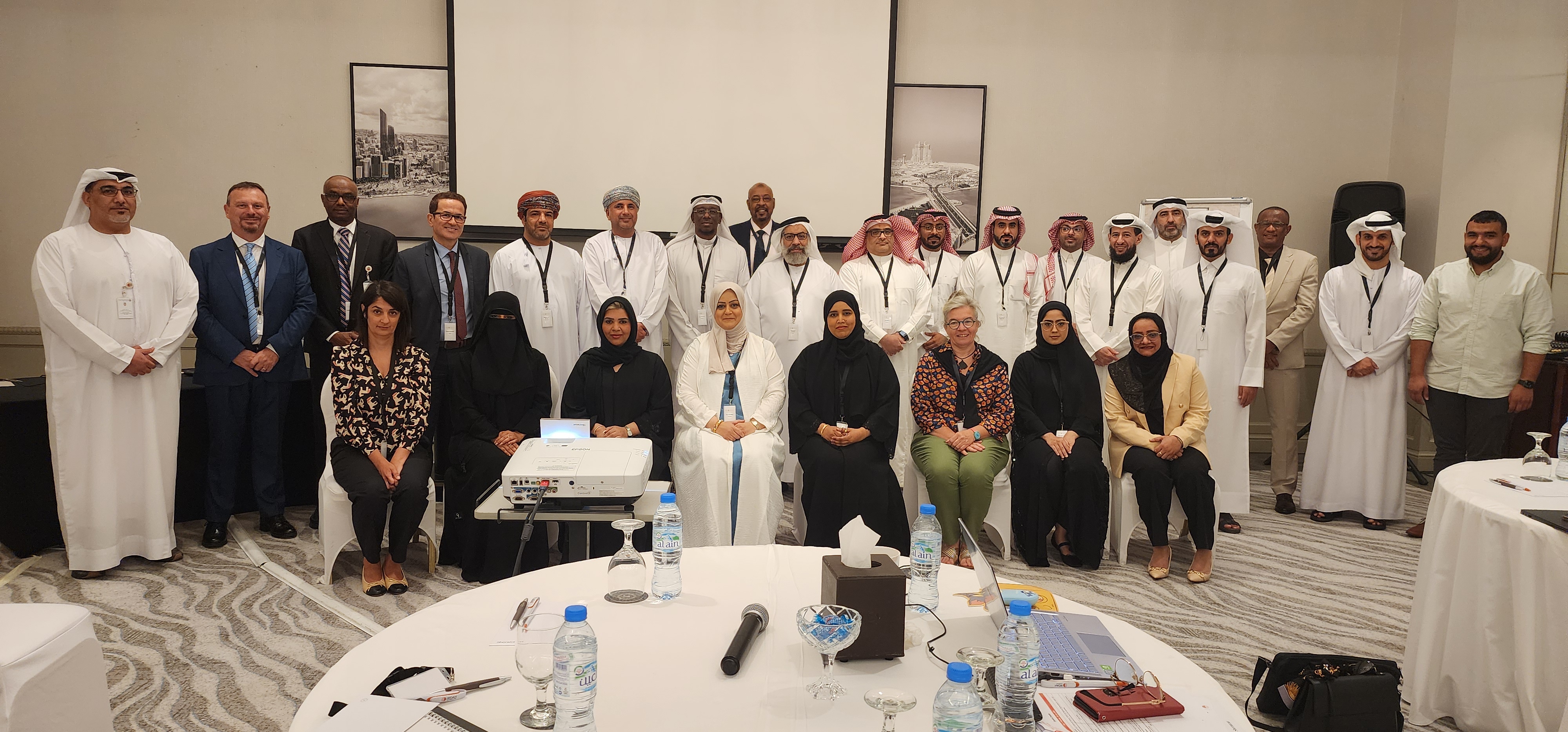Towards improved understanding & control of Vector-Borne Diseases in the GCC workshop
29 and 30 July 2024, Abu Dhabi, United Arab Emirates
Vector-borne diseases (VBD) have epidemic and pandemic potential and pose a serious health risk to humans, animals, and the environment due to their immense social, and economic impacts. Controlling and preventing the spread of (VBD) is a challenging task because vectors have the ability to infect multiple host species and can induce a large-scale disease spreading in a relatively short period of time. The threat of VBDs in the ME region including GCC is well documented and diseases like Rift Valley Fever (RVF), Lumpy Skin Disease (LSD), Crimean Congo Haemorrhagic Fever (CCHF), Bluetongue (BTD), and African Horse sickness (AHS) pose to a serious sizable burden to public health, animal health, and international trade.
In order to effectively control and eliminate Vector-Borne Diseases (VBD), it is crucial to improve our current scientific understanding of their spread, impact, and methods of diagnosis. While retrospective data provides valuable information, further research is required to enhance our knowledge of VBD epidemiology, surveillance and diagnostic techniques to better prepare for, prevent and control outbreaks.
In line with that, WOAH Sub-Regional Representation for Arabian Gulf organized “Towards improved understanding & control of Vector-Borne Diseases in the GCC workshop”, that took place in Abu Dhabi, on the 29th and 30th of July 2024.
The main objective of the workshop was to raise awareness about the significant impacts of key VBD prevalent in the region such as RVF (Rift Valley Fever), CCHF (Crimean-Congo Hemorrhagic Fever), BT (Bluetongue), and LSD (Lumpy Skin Disease) on animal and public health, as well as their effects on the economy, trade, and the well-being of the population. It also aims to improve the preparedness and capabilities of member countries using a One Health approach and tools to address future VBD outbreaks and potential epidemics at the animal-human-environment interface.
